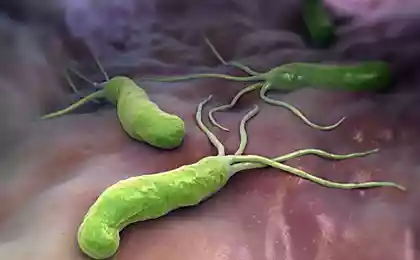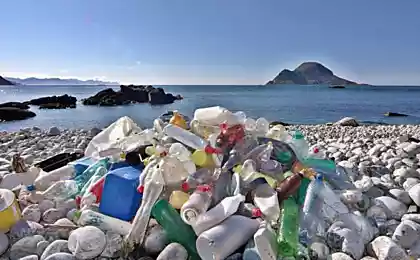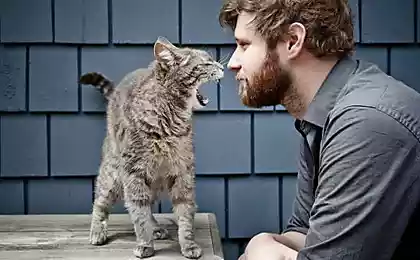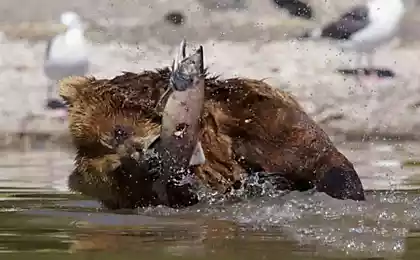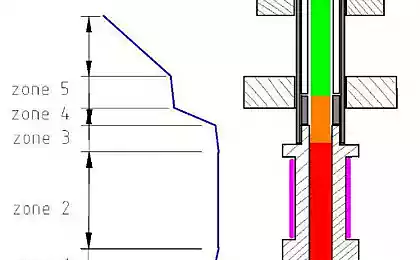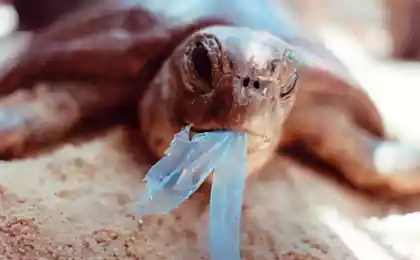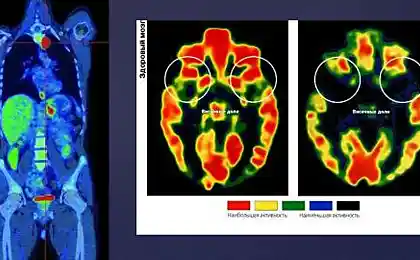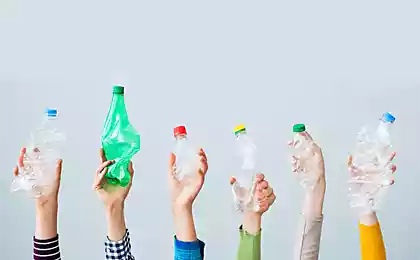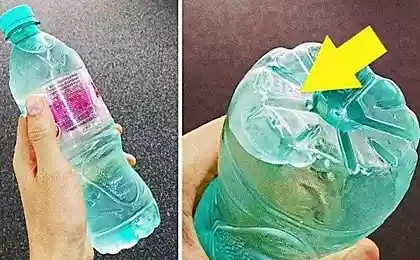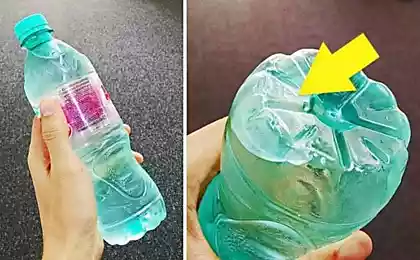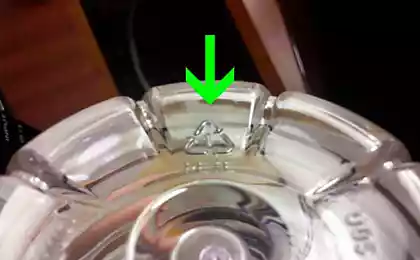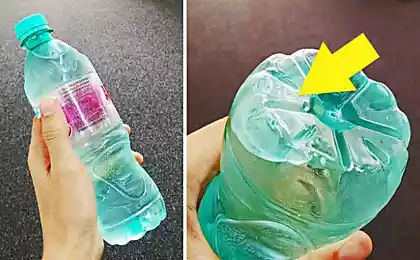575
Nature gives resistance: found bacteria eats plastic (PET)!
Japanese scientists have made a discovery that proves that nature is learning to confront the harm that it causes people. The answer to the pollution by plastic waste has been the emergence of bacteria that feed on them! Site publishes details otkrytiya.Novy kind of Gram-negative bacteria, called Ideonella sakaiensis 201-F6, was found during the study of micro-organisms living in the ocean. Among the many different types of scientists have found a colony of bacteria that use carbon and energy metabolism polyethylene terephthalate (PET). This is the substance of artificial origin is mainly used for the manufacture of plastic containers.
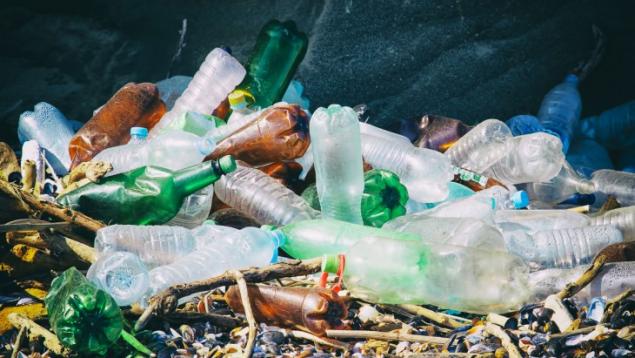
turned out that Ideonella sakaiensis 201-F6 isolated two enzymes decomposing pet to terephthalic acid and ethylene glycol, and they are environmentally friendly. Similar properties has also previously been discovered in a small group of mushrooms and zooplankton, but adapted for large-scale processing of industrial wastes science is not yet able to.
The study is published in the journal Science. In an explanatory note the scientists emphasize that the appearance Ideonella sakaiensis 201-F6 is directly related to the increase in the volume of plastic in the world: the enzymes degrading the PET, are a relatively new type of genetic modification of bacteria Ideonella. This, in turn, shows how nature begins to repulse the aggressive invasion of man.
In addition, Ideonella sakaiensis 201-F6 can be easily used in the field of industrial waste: not only do they differ "voracity", but also perfectly adapted to any environmental conditions, that is sufficient to put a colony of bacteria in the places where products from PET - and in due course it will be decomposed into non-polluting components
. via www.popmech.ru/science/236689-naydena-bakteriya-poedayushchaya-plastik/

turned out that Ideonella sakaiensis 201-F6 isolated two enzymes decomposing pet to terephthalic acid and ethylene glycol, and they are environmentally friendly. Similar properties has also previously been discovered in a small group of mushrooms and zooplankton, but adapted for large-scale processing of industrial wastes science is not yet able to.
The study is published in the journal Science. In an explanatory note the scientists emphasize that the appearance Ideonella sakaiensis 201-F6 is directly related to the increase in the volume of plastic in the world: the enzymes degrading the PET, are a relatively new type of genetic modification of bacteria Ideonella. This, in turn, shows how nature begins to repulse the aggressive invasion of man.
In addition, Ideonella sakaiensis 201-F6 can be easily used in the field of industrial waste: not only do they differ "voracity", but also perfectly adapted to any environmental conditions, that is sufficient to put a colony of bacteria in the places where products from PET - and in due course it will be decomposed into non-polluting components
. via www.popmech.ru/science/236689-naydena-bakteriya-poedayushchaya-plastik/
3D-Museum of the Philippines allows viewers to become part of the art
Simple exercises that will transform your body in just 4 weeks
